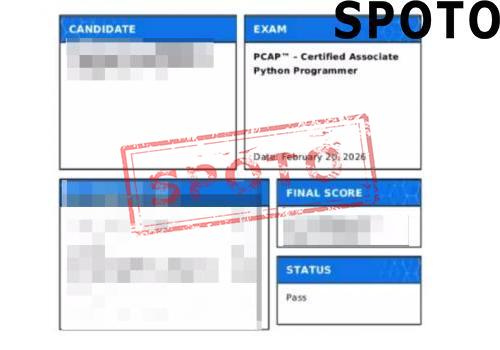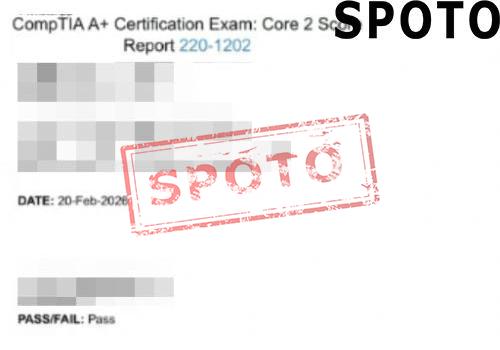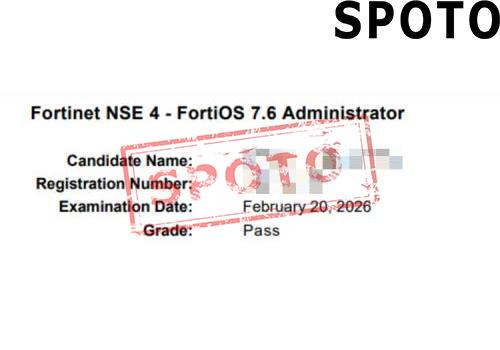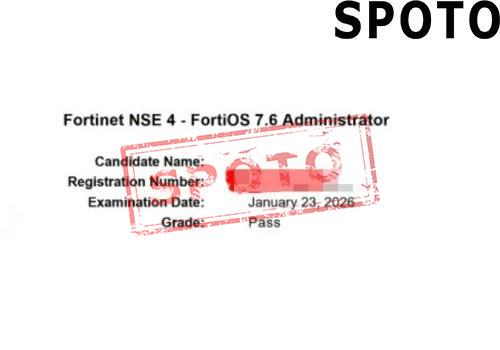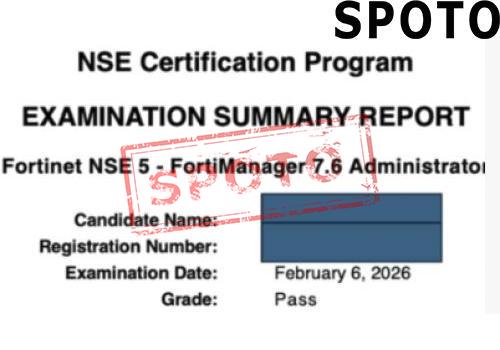
Table of Contents
Implementation consultants are third-party contractors hired by companies to deploy and integrate specific solutions or software into a client's business environment and are responsible for managing large projects.This article will introduce you to what an Implementation Consultant is, the career information and prospects of an Implementation Consultant and the necessary conditions to become an Implementation Consultant.
1. What is an Implementation Consultant?
Implementation consultants are third-party contractors hired by companies to deploy and integrate specific solutions or software into a client's business environment and are responsible for managing large projects.
2. What does an Implementation Consultant do?
Implementation consultants are responsible for setting up, configuring, and testing new software systems before deployment to ensure that there are no functional issues or disruptions to daily business operations. At the same time, they must consider the customer's current business processes and interface requirements to configure our software to meet their specific needs. Specifically, they have the following job responsibilities: setting up, configuring, and testing new systems before deployment; analyzing the customer's business processes and interface requirements; assisting with end-user training; providing user support and resolving issues.
3. Career Insights: Salary, Outlook & Related Roles
(1) Implementation Consultant Salary
According to ZipRecruiter data on May 26, 2026, the average annual salary for an Implementation Consultant in California is $111,493. That works out to about $53.60 per hour. That's $2,144 per week or $9,291 per month. Salaries range from as high as $188,499 to as low as $43,917, but most Implementation Consultant salaries currently range from $72,000 to $146,100, with the highest earners making $172,214 per year in California. The average salary range for an Implementation Consultant varies widely (as much as $74,100), which means there may be many opportunities for advancement and increased pay based on skill level, location, and years of experience.
(2) Job Outlook of Implementation Consultant
According to data from the Zippia website, the expected growth rate for implementation consultant positions is 11% from 2018 to 2028, and approximately 108,400 new implementation consultant positions will appear in the next decade. Although there are currently more than 7,600 implementation consultants in the United States, there are 70,450 active implementation consultant job vacancies in the United States. Overall, the employment outlook for implementation consultants is relatively optimistic.
(3) Similar Occupations
- IT Infrastructure Project Manager
- Systems Engineering Manager
- Infrastructure Operations Manager
- System Administrator/Senior Infrastructure Manager
- Network Administrator
- Database Administrator
- Security Manager
- Functional Consultant
- Business Analyst
- Product Implementation Specialist
- Change Management Consultant
4. What Are the Qualifications to Become an Implementation Consultant?
(1) Obtain a Bachelor's Degree
During the job search, employers tend to recruit candidates with relevant majors. The degree requirement for implementation consultants is usually a bachelor's degree in a related field, such as computer science, business administration, or information technology. For example, Teal points out that a bachelor's degree in information technology, computer science, business administration, or a related field is often popular. Of course, a higher degree can help career advancement.
(2) Develop professional skills
Whether through schooling, hands-on experience, or community involvement, upskilling is essential. Here are some relevant job skills that help implementation consultants improve: First, implementation consultants need to keep up with the latest software and tools in the industry. Get hands-on experience with cloud platforms, CRM systems, and enterprise resource planning (ERP) software, which are currently in high demand. And with the growing security concerns, it is increasingly important to understand cybersecurity best practices and how to incorporate them into your implementation. Second, implementation consultants need to continuously improve their advanced data analysis skills and develop the ability to interpret and utilize data analysis to drive successful implementation strategies and provide actionable insights to clients. Furthermore, it is necessary to deepen expertise in project management frameworks such as Scrum, Kanban, or Six Sigma to improve project delivery and efficiency. Finally, implementation consultants need to strengthen communication and stakeholder management, and improve their ability to clearly communicate complex ideas and manage stakeholder expectations through targeted training and practical practice. And regularly solicit feedback from clients and peers, and reflect on your project experience to identify areas for improvement and personal growth.
(3) Earn Industry Certifications
Obtaining a certification that is highly recognized by the industry can prove your professional ability and ability to perform the position, and can also enhance your competitiveness in the workplace. Therefore, we recommend that you obtain the Cisco Meraki Solutions Specialist Certification The Cisco Meraki Solutions Specialist Certification, offered by Cisco, is a prestigious credential recognized worldwide. It validates an individual's expertise in managing and deploying Meraki solutions. This certification signifies a professional’s ability to configure and troubleshoot Meraki networks and devices effectively. Certified Cisco Meraki Solutions Specialists play a crucial role in maintaining the efficiency and reliability of network infrastructures using Meraki technology.


